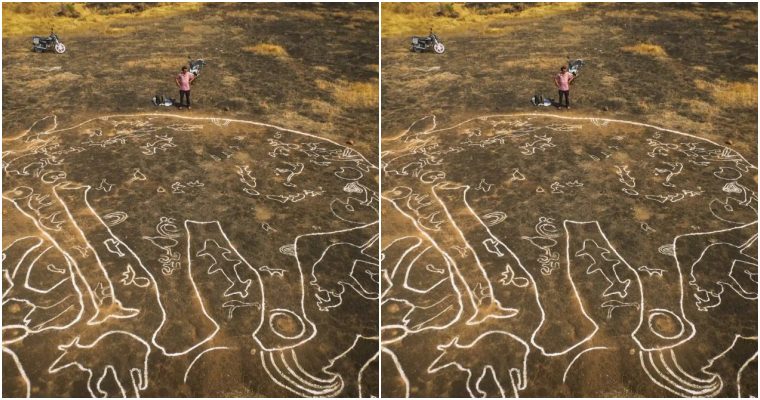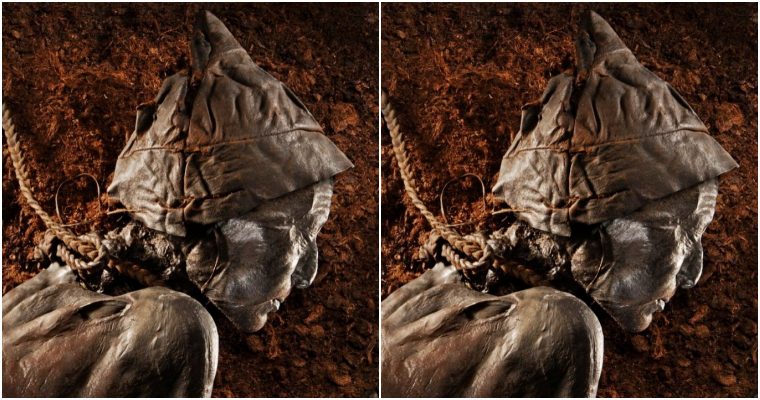The remains of an ancient fortress have been discovered in the depths of a Turkey’s Lake Van after over a decade of searching.
THE ancient remains of a 3,000-year-old castle have been discovered in the depths of Turkey’s largest lake, leaving some wondering if Atlantis is real.
Experts had been studying Lake Van for over a decade before divers stumbled across the incredibly well-preserved ancient fortress.
 6Scientists have uncovered a 3,000-year-old castle at the bottom of Turkey’s largest lakeCredit: Van Yuzuncu Yil University
6Scientists have uncovered a 3,000-year-old castle at the bottom of Turkey’s largest lakeCredit: Van Yuzuncu Yil University
It’s thought the mysterious ruins were built by the Urartu civilisation, an Iron Age kingdom living in the region between the 6th and 9th century BC.
Researchers from the Van Yüzüncü Yıl University, along with a team of divers and an underwater photographer and videographer, uncovered the fort.
Local legends had long told of a lost city submerged by the water levels, which have changed drastically over the past few thousand years.
Previous searches had found pearl mullets, microbialites, corals and even a sunken Russian ship, but the team have now hit the jackpot with their “miracle” discovery.
6A diver signals the success of the discovery which has been described by researchers as nothing short of a ‘miracle’Credit: YouTube
Underwater Fairy Chimneys in Van lake. Van Gölü’nde Su Altı Peri Bacaları Bulundu
6Experts had been searching the lake for over ten years before making the discoveryCredit: Van Yuzuncu Yil University
6The fort was discovered in Lake Van, and is believed to have been built by the Urartu civilisationCredit: Getty – Contributor
Speaking to Hurriyet Daily News, the project’s leader Tahsin Ceylan said: “Many civilisations and people had settled around Lake Van.
“They named the lake the “upper sea” and believed it hid many mysterious things.
“With this belief in mind, we are working to reveal the lake’s secrets.
“It is a miracle to find this castle underwater.”
6The stone used to build the underwater castle was favoured by the Urartian civilisation in the 8th and 9th centuries BCCredit: Van Yuzuncu Yil University
He added: “There was a rumour that there might be something under the water but most archaeologists and museum officials told us that we won’t find anything.”
The stone used to build the underwater castle, along with a number of villages and settlements in the area, was favoured by the Urartian civilisation.
Historians will be able to use the discovery to learn more about the kingdom, which held considerable political power in the 8th and 9th centuries BC.
6Some have been questioning if the castle could be the remains of the mythical lost city of Atlantis
However some have also now been left wondering if the find could also hold the answer to the lost city of Atlantis, thought to be a fictional island.
The first known mention of Atlantis is in the writings of ancient Greek philosopher Plato in 360 BC.
The mythical underwater island, said to have been created by people who were half human and half god, was allegedly destroyed overnight by an earthquake and tsunami.
source: thesun.co.uk













